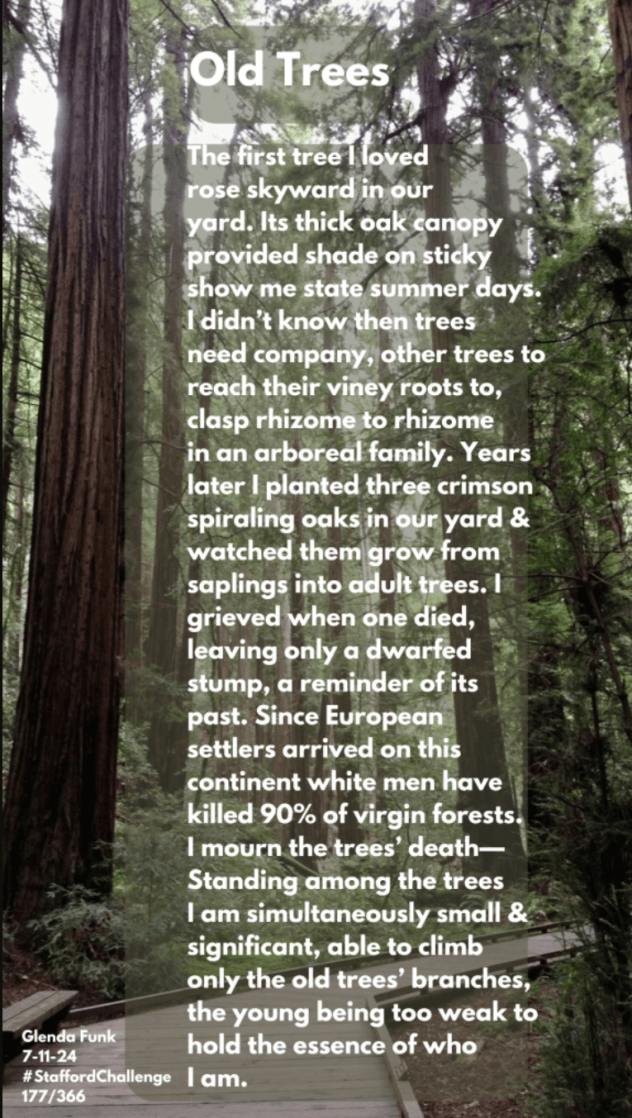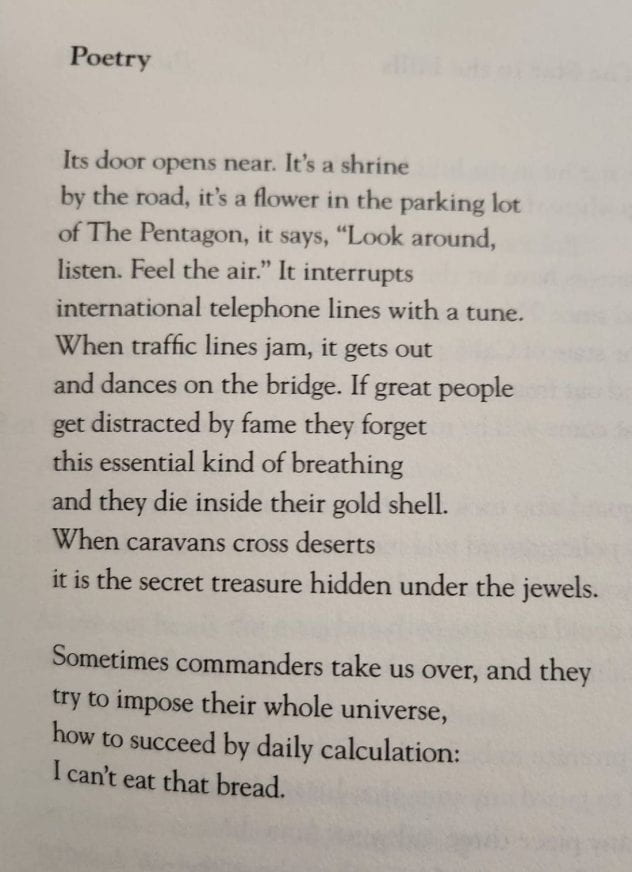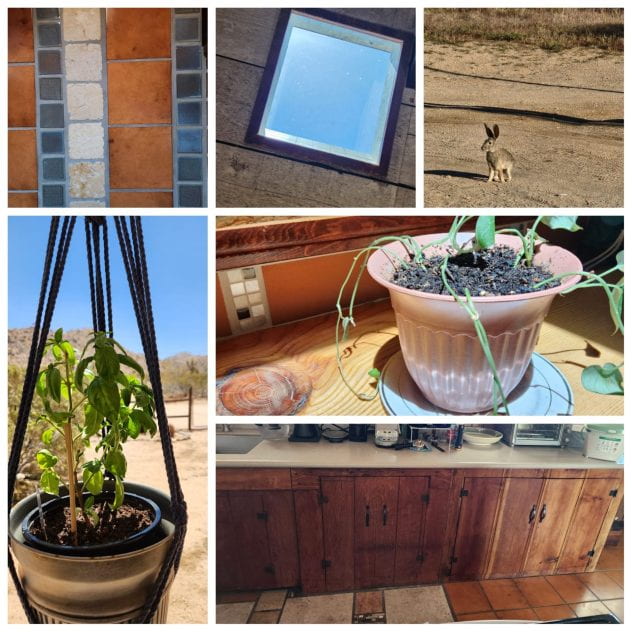Today is Poetry Friday. Rose Cappelli is hosting today and shares thoughts about line breaks and a lovely poem about the sun coming through the fog.
NEW-BORN
A breath of sleep waking,
Warm as rose-pink breaking
Over petals sunglown.
Folding and unfolding
Are the tiny fingers holding
The world unknown!
~”New-Born” by Lucy Eddy (1863-1931), an American poet. (Her work is in the public domain)

Yes, there’s a newborn in my life, a very pink little girl. She may have inspired some poetry this week. This past week was Open Write, and here are the poems I wrote:
Wednesday, August 21, 2024
Taking Time to Tell the T.I.M.E. with Anna J. Small Roseboro
Wednesday’s prompt had us honor the creativity of another poet. I chose to respond to a poem Patricia Franz wrote last Sunday for Open Write. It was a Clunker Exchange that Linda Mitchell had gifted us with. Her poem about aging touched me. Here is a link where you can read Patricia’s beauty.
Turns come at the end of our lives
Imagining mine as I read your poem
Making me tired, weathered, and worn–
Except for the brave sunlight and grace
Tuesday, August 20, 2024
Postcards from Places I’ve Never Been with Jeania White
Dear Childhood,
We are inseparable. Though I
grow in age, I hold onto
old childlike you
because you are the genius
we have made together. I never
cease to wonder, to grow,
to experience
play, thanks to you.
Love,
Your grown up self
A golden shovel with George Bernard Shaw’s “We grow old because we cease to play.”

Monday, August 19, 2024
Faring Monday Blues with a Lune with Leilya Pitre
sweet naivete
baby dreams
gentle blushing bloom
bunny nose pink
taste of berry cherub blossom
sunrise’s rosy glow

Sunday, August 18, 2024
Clunker Exchange with Linda Mitchell
Phoebe
Just like that, another being
has entered this world. It’s
you who have come to radiate
your light. You and I evolve
As we share this moment–
You listening, my face deep
in shadowed spaces,
reminded for a wistful blink
in this bright breath
that grandparents don’t
last a lifetime.
Saturday, August 17, 2024
Dadaist Poetry with Wendy Everard
Prayer
Reclaiming cathedral
Opponents united
Sowing next
Beloved discernment
Answered struggling
Treated America’s
Standing vanquish
Desires bitterness
Accordance wisdom
Civil words faced
Reality important
Faithfully found
Whose people pray
________________________________________
From “My prayer for Donald Trump — and the rest of us” by Colbert I. King at Washington Post. Gift article here.








